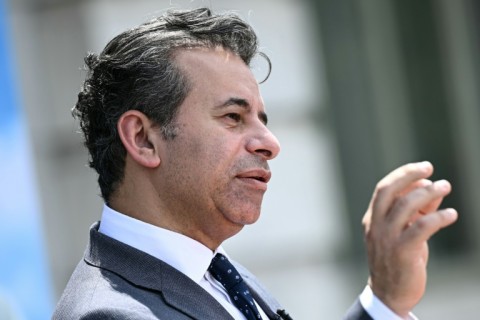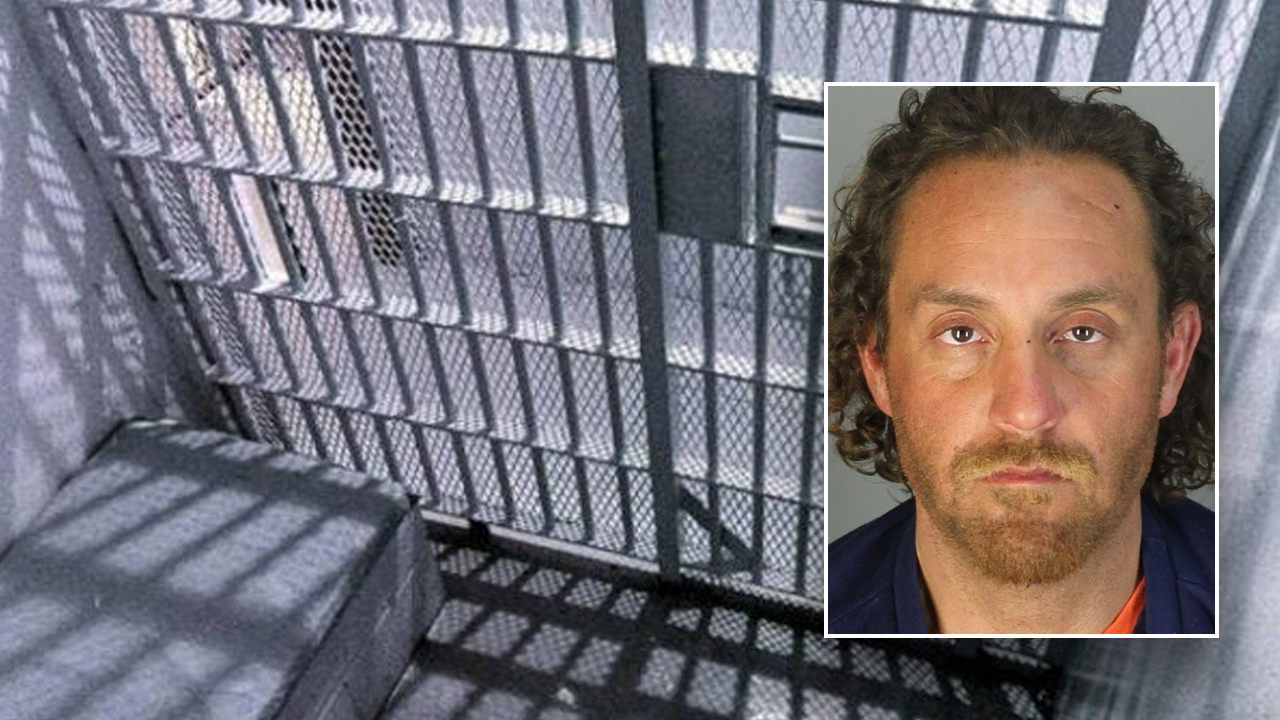Heart Surgery Delay: Patient's Frustration Mounts as Minister Remains Silent After 200-Day Wait
A Sydney man, Joshua Maxwell, is expressing deep disappointment after enduring a staggering 200-day wait for a critical open-heart surgery at Westmead Hospital. Initially informed the procedure needed to be completed within 90 days, Maxwell's experience highlights significant delays within the New South Wales healthcare system. His frustration is compounded by the lack of a direct apology or response from the Health Minister, prompting concerns about accountability and patient care.
Maxwell's story has shone a spotlight on the challenges faced by many patients navigating the public healthcare system. He was originally scheduled for the surgery at Westmead Hospital, a facility known for its cardiac services. However, due to unforeseen circumstances and systemic pressures, his surgery was repeatedly postponed. This extended wait period, far exceeding the initial timeframe provided, has understandably taken a significant toll on his physical and emotional well-being.
“It’s incredibly disappointing,” Maxwell stated, emphasizing his desire for an acknowledgement of the significant disruption to his life and health. “To be told you need surgery within 90 days, and then to wait five times longer than that, is just unacceptable. A simple apology from the Minister would go a long way in demonstrating that my concerns are being taken seriously.”
The case raises serious questions about the management of surgical waiting lists and the transparency of communication with patients. While hospital administrators have cited factors such as staff shortages and increased demand as contributing to the delays, patient advocates argue that more proactive measures are needed to prevent such prolonged wait times and ensure patients are kept informed of any changes to their treatment plans.
The New South Wales government has faced increasing scrutiny regarding healthcare performance, with long waiting times for specialist appointments and elective surgeries becoming a recurring issue. This incident involving Joshua Maxwell only amplifies those concerns, highlighting the urgent need for systemic improvements and greater accountability within the health sector. The lack of a direct response from the Health Minister has further fueled public debate, with many calling for greater responsiveness to patient concerns and a commitment to improving the delivery of healthcare services.
Maxwell’s case serves as a stark reminder of the human cost of healthcare delays. His story underscores the importance of open communication, timely interventions, and a genuine commitment from policymakers to address the challenges facing the public healthcare system in New South Wales. It’s hoped that his experience will prompt a thorough review of surgical waiting list management and lead to tangible improvements in patient care and communication.




:max_bytes(150000):strip_icc()/GettyImages-1175230893-755a87038bdc4749b0fd9c75097988c9.jpg)
